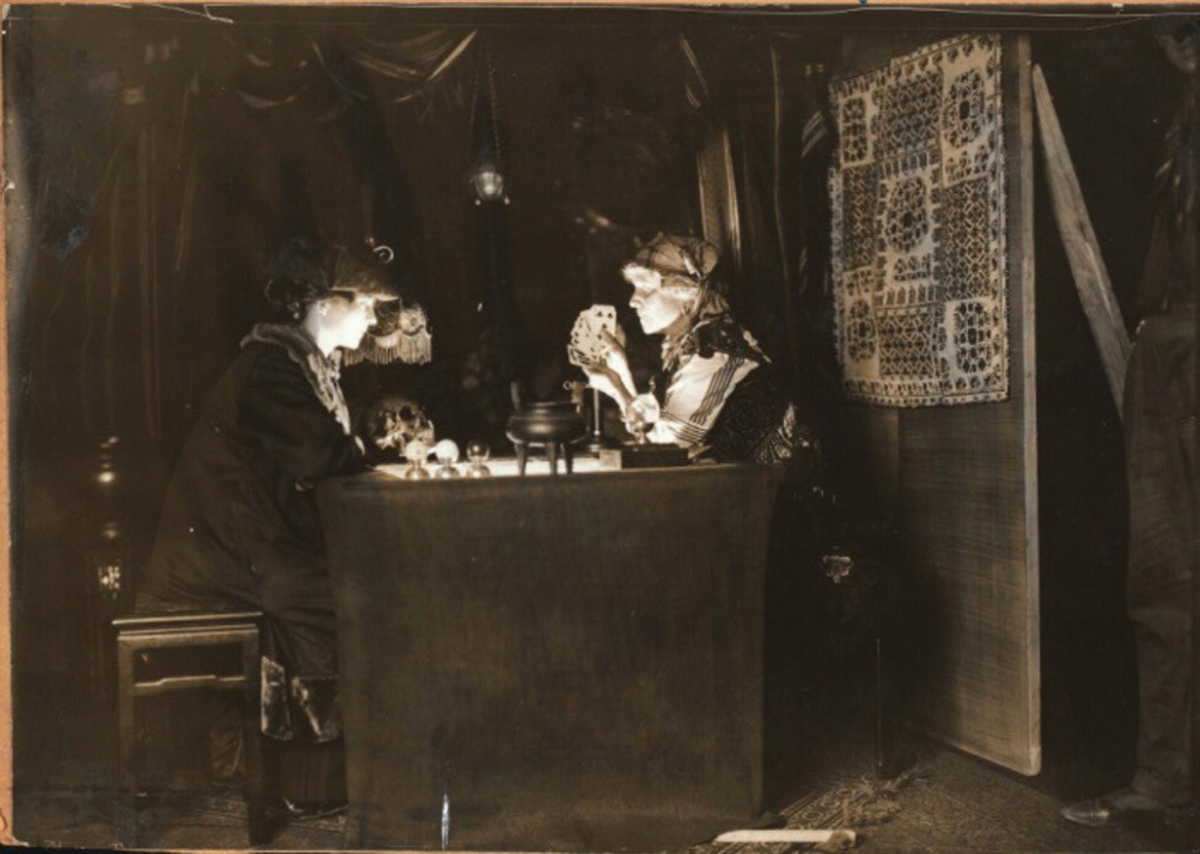Conscious Experience: Speed of Life
1. Time. Speed of life.
This is the first item on the subjective experience inventory being developed. During different states of consciousness, time is experienced differently. When waking, often, music appears to be sped up. When in a heightened state of wakefulness, music seems to be playing so slow as to be chopped up and disconnected. Traumatic or unexpected events sometimes appear to happen in slow motion. The obvious relationship is that when the mind is sped up and sensitive, events appear to happen slowly, yet when the mind is slowed down, events appear to happen quickly. This makes a kind of intuitive sense. To a slow computer, you are typing too fast for the letters to display as you type them, but on a fast computer, you can’t type fast enough to cause the computer to delay.
Thus, the first correlation is with wakefulness. The more awake you are, the slower events appear to happen. In various altered states, time changes. It may appear to speed up or slow down. Further, it is sometimes difficult to distinguish the appearance of the timing of external happenings and the timing of one’s own reactions and these are sometimes inversely proportional. For example, in many depressive states such as alcohol intoxication, one’s own reactions are slowed down however, external events may actually be sped up; surely they are happening too fast for you to react in a timely manner. Yet, your decreased awareness and paradoxical relaxation may cause you to not notice things are sped up or at least be unable to react with wakefulness as you would while sober.
Some other quick correlations are with memory and sociability. Many nervous system depressives such as alcohol, GHB, and Clonazepam increase sociability and decrease memory. These may be related. Vigilance to one’s own social performance is clearly impaired by the inability to remember what just happened and probably reduces inhibition. Also, the decrease in focus and attention make it impossible to produce obsessive worry due to an inability to hold problem states in one’s memory. Mood and sociability are enhanced but with a clear trade off.
Different people naturally experience different speeds of life and these may be inversely proportional to how they appear to respond, that is, someone who appears very nervous and over-excitable is probably experiencing a slow, tedious life, and someone who seems unawares and hardly responsive may be experiencing a quick paced life. There may be natural correlations with happiness, extroversion, and sociability.






